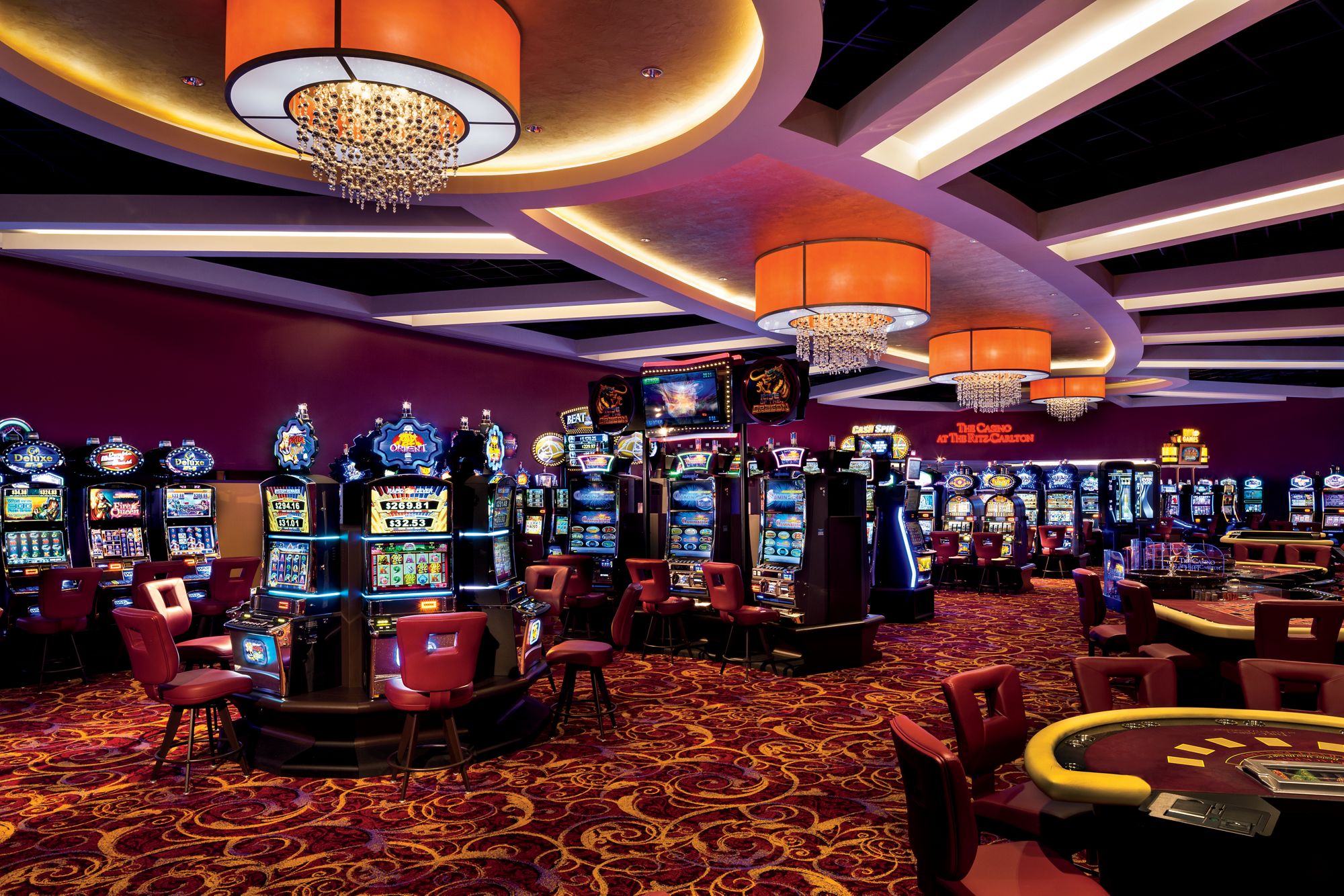In the world of gambling, where chance and strategy intersect, a unique tapestry of beliefs unfolds—one that braids luck, fate, and the enigmatic nature of casino games. Casinos, bustling with excitement and anticipation, are not just spaces for placing bets; they are also arenas where superstitions thrive. From the novice player to the seasoned gambler, these mysterious practices often shape how individuals approach the games they play, believing that their actions can influence the outcome in ways that go beyond mere probability.
When players gather around roulette wheels, blackjack tables, and slot machines, the atmosphere is thick with stories of lucky charms, rituals, and codified behavior that defy logic yet provide a sense of comfort. Whether it’s wearing a specific outfit, following a particular sequence of bets, or even avoiding certain numbers, the attachment to various superstitions reflects a deep-rooted desire to manipulate the uncontrollable. This article delves into the captivating world of casino game superstitions, investigating the beliefs that simultaneously entertain and mystify those who dare to play.
Historical Origins of Superstitions
Casino activities have long been interwoven with an host of superstitions that go back to early civilizations. The roots of these beliefs can be associated to humanity’s innate need to influence the unpredictable outcomes related with chance and uncertainty. In early civilizations, activities of uncertainty were often tied to spiritual practices. Players would call upon aid or request favor from deities, believing that their actions could change the outcomes in their favor. This foundation laid the basis for the variety of superstitions that spread as casino games evolved over ages.
During the Middle Ages, betting became a common pastime across European nations, and with it, a rich tapestry of superstitions appeared. Players adopted various rituals and charms, believing they could change the outcome of games. The significance of digits, in particular, began to show in superstitions related to card games and dice. The number 7 was often considered favorable, while other numbers carried bad connotations. These beliefs mirrored the societal contexts of the time, evolving as they transferred through generations and changed to different gaming environments.
As gaming establishments developed in the 17th century, particularly in the Italian peninsula and the French nation, the atmosphere surrounding betting became saturated in mystery. The growing availability of gambling activities allowed for the expansion and variation of superstitions among players. Concepts like charmed charms, specific seating positions, and rituals gained importance, creating a unique culture within gambling establishments. As these practices continued to thrive, they became fundamental to the identity of casino activities, illustrating how historical developments and culture shape the convictions that influence how players engage with fortune.
Widespread Casino Myths
Beliefs surrounding gambling games are plentiful and diverse, mirroring the dreams and fears of players as they participate in chance-based activities. One of the most common views is that specific digits bring fortune or misfortune. For example, the digit seven is often seen as a lucky digit, frequently embraced by gamblers looking for a positive outcome. casino en ligne france Conversely, the number thirteen is routinely considered cursed, leading many gamblers to avoid it during their gambling periods.
A frequent belief relates to rituals that players believe can affect their chances. Whether blowing gently on dice before a throw, using a specific gesture to place a wager, or even wearing specific items of clothing, many people feel that these rituals can tilt luck in their benefit. These rituals offer a sense of power in an otherwise unpredictable environment, reinforcing the idea that fortune can be created through personal beliefs and habits.
Lastly, the ambiance and atmosphere of the gambling house itself contributes to myths. Many players suggest that the presence of specific symbols, such as four-leaved clovers or lucky tokens, can enhance their odds of winning. Additionally, gamblers might hold to the notion that winning streaks can be interrupted by mundane events, such as a person passing by or a spill at the gaming surface. The shared atmosphere in a casino can amplify these superstitions, creating a shared culture of myths that goes beyond single experiences.
Impact of Superstitions on Players
Superstitions play a significant role in the mindset of casino players, often affecting their behavior and choices. Numerous gamblers think that fortune can be influenced through different rituals, such as donning a talisman, choosing particular hues, or steering clear of particular digits. This reliance on superstitions can create a feeling of control in an environment that is inherently unpredictable. Players frequently feel more confident and engaged when they think that their actions could sway the result of a game in their favor.
The influence of these superstitions extends past individual players, affecting the overall atmosphere within the casino. For instance, a player who believes in the luck of a certain slot machine might draw a gathering, as onlookers are intrigued by their apparent luck. This collective belief can amplify excitement and create a dynamic environment, leading to an interesting experience even for those who may not necessarily be superstitious. The buzz around specific games can lead to increased participation and longer playing sessions, supporting the casino’s lively social scene.
In some cases, superstitions can lead to harmful effects for players. Depending too heavily on rituals can result in bad gambling decisions, as some may ignore basic strategies in favor of baseless beliefs. Additionally, the stress to perform rituals may heighten anxiety and stress levels, diminishing from the enjoyment of the experience. Ultimately, while superstitions can enhance the excitement of playing casino games, they can also lead to unwise choices that overshadow the fun and amusement intended in the casino experience.

